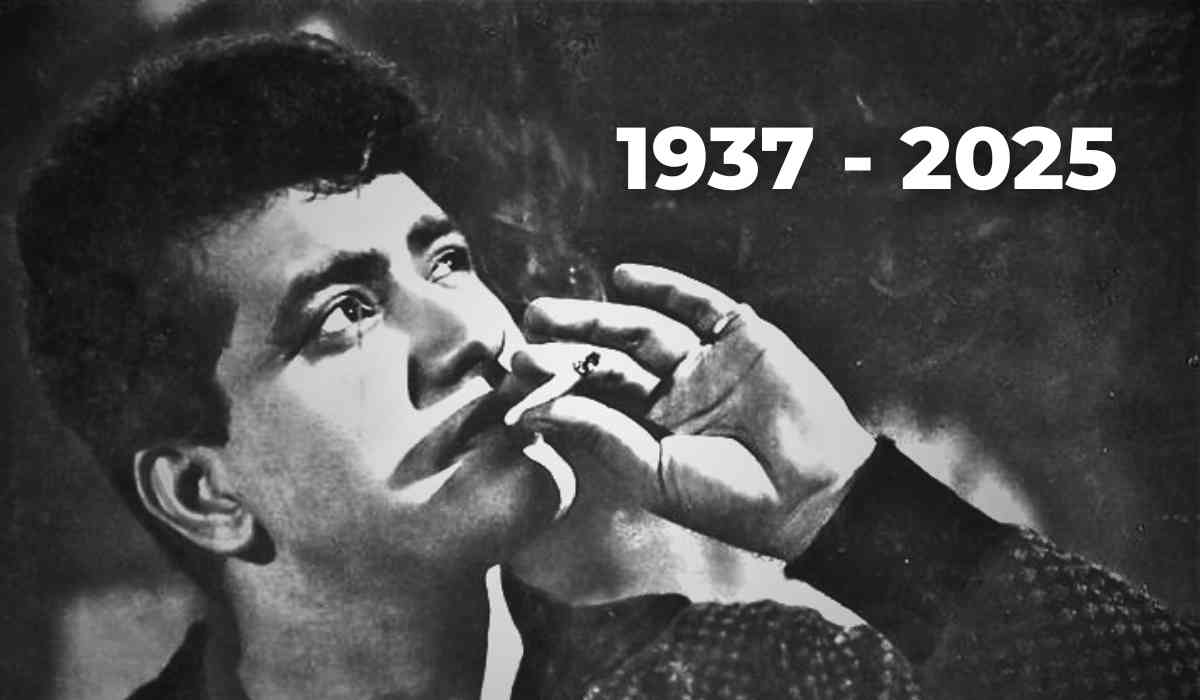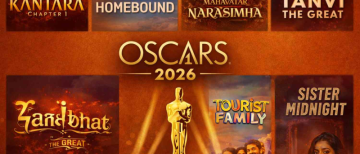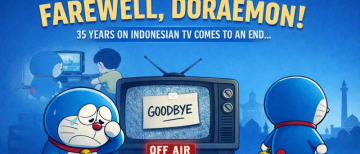On April 4, 2025, the Indian film industry lost a legendary figure, Manoj Kumar, who was affectionately known as ‘Bharat Kumar’ for his iconic patriotic films. Kumar passed away at the age of 87 due to heart-related complications and decompensated liver cirrhosis at Kokilaben Dhirubhai Ambani Hospital in Mumbai. His legacy in Bollywood is unparalleled, and his contributions to Indian cinema have left an indelible mark on the hearts of millions.
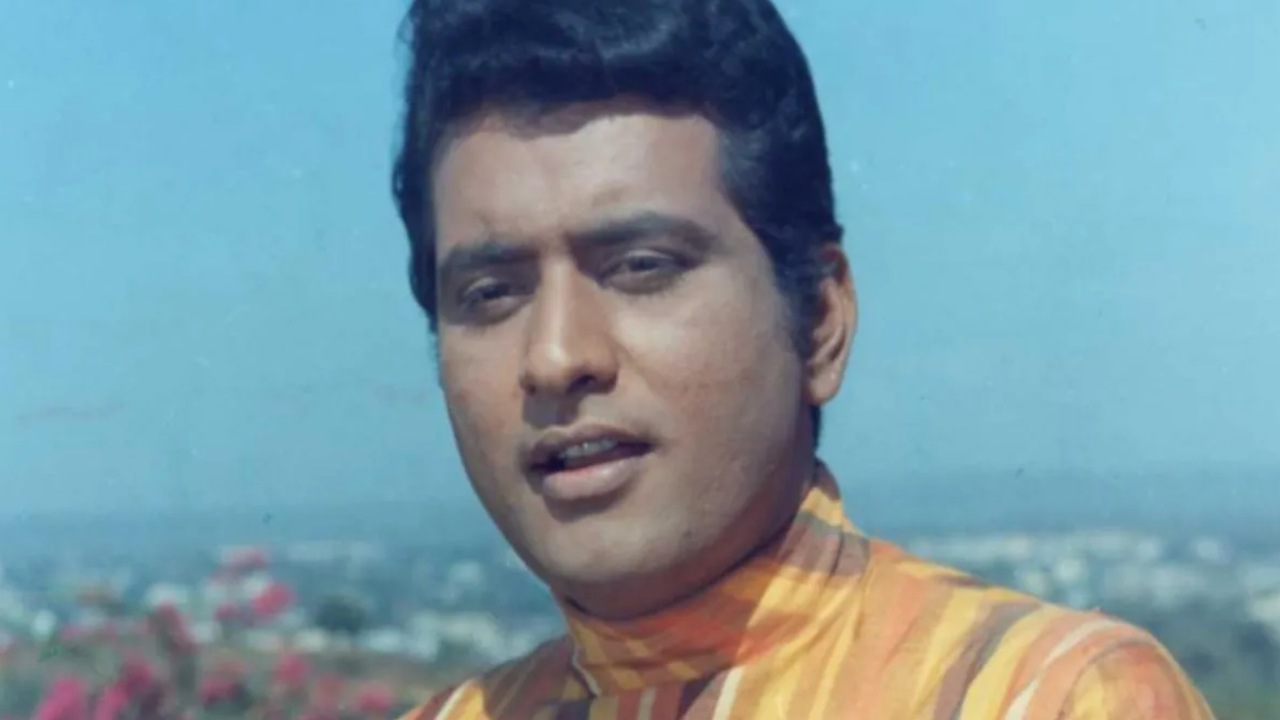
Early Life and Career
Born as Harikrishan Giri Goswami in present-day Pakistan, Manoj Kumar's life took a dramatic turn when his family migrated to Delhi after the Partition of India. It was in Delhi that Kumar developed a keen interest in cinema, which eventually led him to pursue a career in Bollywood. He began his journey in the late 1950s, initially facing challenges with forgettable roles in films like Fashion Brand (1957), Sahara (1958), and Chand (1959).
However, his breakthrough came with Hariyali Aur Rasta (1962), a film that not only marked his first major commercial success but also established him as a leading actor in the industry. This was followed by other notable films such as Woh Kaun Thi? (1964), Himalaya Ki God Mein (1965), and Do Badan (1966), cementing his position as a versatile actor capable of handling diverse roles.
The Patriotic Legacy
Manoj Kumar's most enduring legacy is his portrayal of patriotic characters, which earned him the nickname ‘Bharat Kumar’. His films often highlighted themes of nationalism and self-sacrifice, resonating deeply with the Indian audience. Some of his most iconic patriotic films include:
-
Shaheed (1965): Based on the life of Bhagat Singh, this film showcased Kumar's ability to bring historical figures to life on screen. Interestingly, he donated his entire National Award money for this film to Bhagat Singh's family, reflecting his deep respect for the freedom fighter.
-
Upkar (1967): Inspired by Lal Bahadur Shastri's slogan ‘Jai Jawan Jai Kisan’, this film was a critical and commercial success, winning Kumar his first Filmfare Best Director Award.
-
Purab Aur Paschim (1970): This film contrasted Indian values with Western influence, sparking a national conversation about cultural identity.
-
Kranti (1981): A historical drama based on India's freedom struggle, it further solidified Kumar's reputation as a master of patriotic cinema.
Awards and Honors
Throughout his illustrious career, Manoj Kumar received numerous prestigious awards for his contributions to Indian cinema. Some of his notable honors include:
-
Padma Shri (1992): India's fourth-highest civilian award, recognizing his impact on the nation through his films.
-
Dadasaheb Phalke Award (2015): The highest honor in Indian cinema, acknowledging his lifetime achievements.
-
Multiple Filmfare Awards: Kumar won seven Filmfare Awards in different categories, showcasing his versatility as both an actor and a director.
Impact on Indian Cinema
Manoj Kumar's influence on Indian cinema extends beyond his own films. He inspired a generation of actors and filmmakers to explore themes of nationalism and social responsibility. His directorial ventures, such as Upkar and Kranti, not only entertained but also educated audiences about India's history and cultural values.
Moreover, Kumar's commitment to his craft and his dedication to portraying characters that resonated with the common man have made him a beloved figure across generations. His legacy continues to inspire new talent in the industry, ensuring that his impact will be felt for years to come.
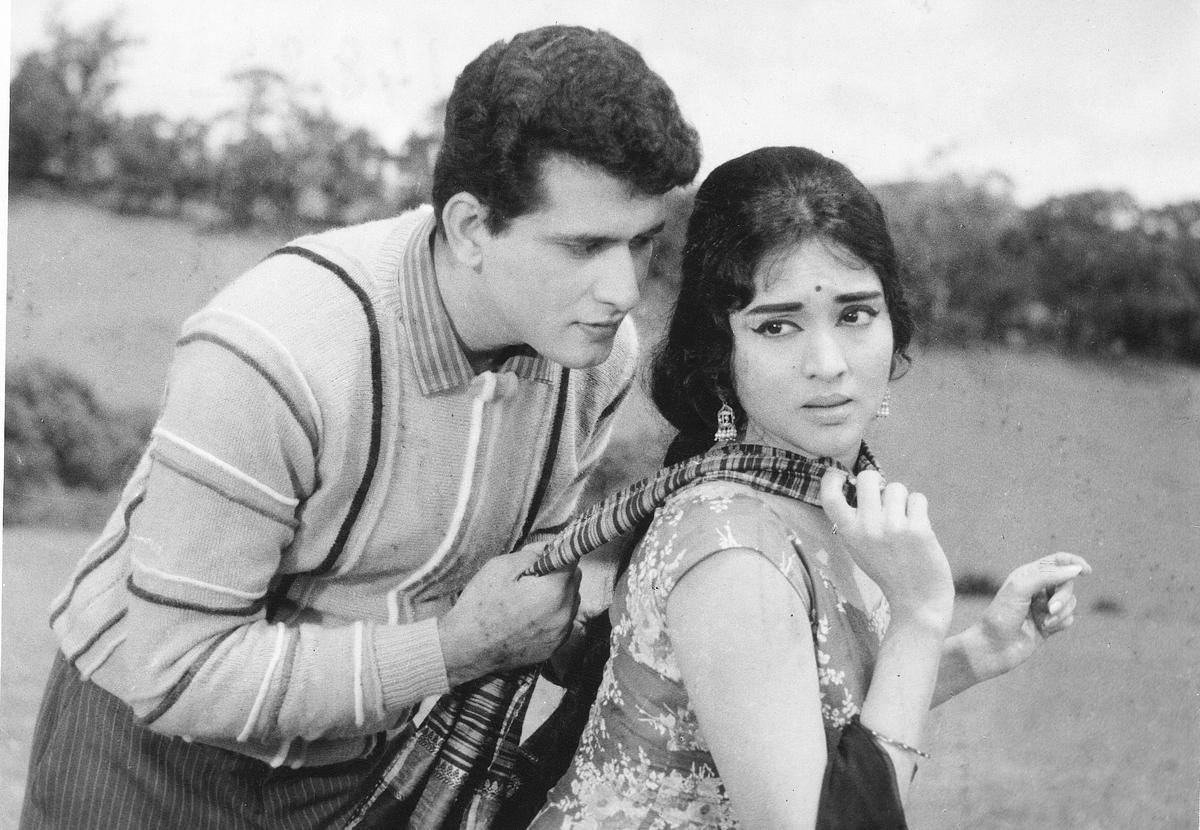
A Perspective on His Legacy
In an era where cinema is increasingly globalized, Manoj Kumar's films remind us of the power of storytelling in shaping national identity. His patriotic films served as a bridge between India's past and present, highlighting the sacrifices of freedom fighters and the importance of cultural heritage.
In a world where entertainment often overshadows substance, Kumar's legacy stands as a testament to the enduring appeal of meaningful cinema. His ability to balance entertainment with social commentary has inspired many filmmakers to follow in his footsteps, ensuring that his legacy continues to influence the narrative of Indian cinema.
Conclusion
Manoj Kumar's passing marks the end of an era in Bollywood, but his films will continue to inspire and educate audiences about India's rich cultural heritage. As we reflect on his life and career, we are reminded of the transformative power of cinema to shape our perceptions and values. His legacy as ‘Bharat Kumar’ will forever be etched in the annals of Indian cinema, inspiring future generations to create films that not only entertain but also inspire and educate.
With inputs from agencies
Image Source: Multiple agencies
© Copyright 2025. All Rights Reserved Powered by Vygr Media.

